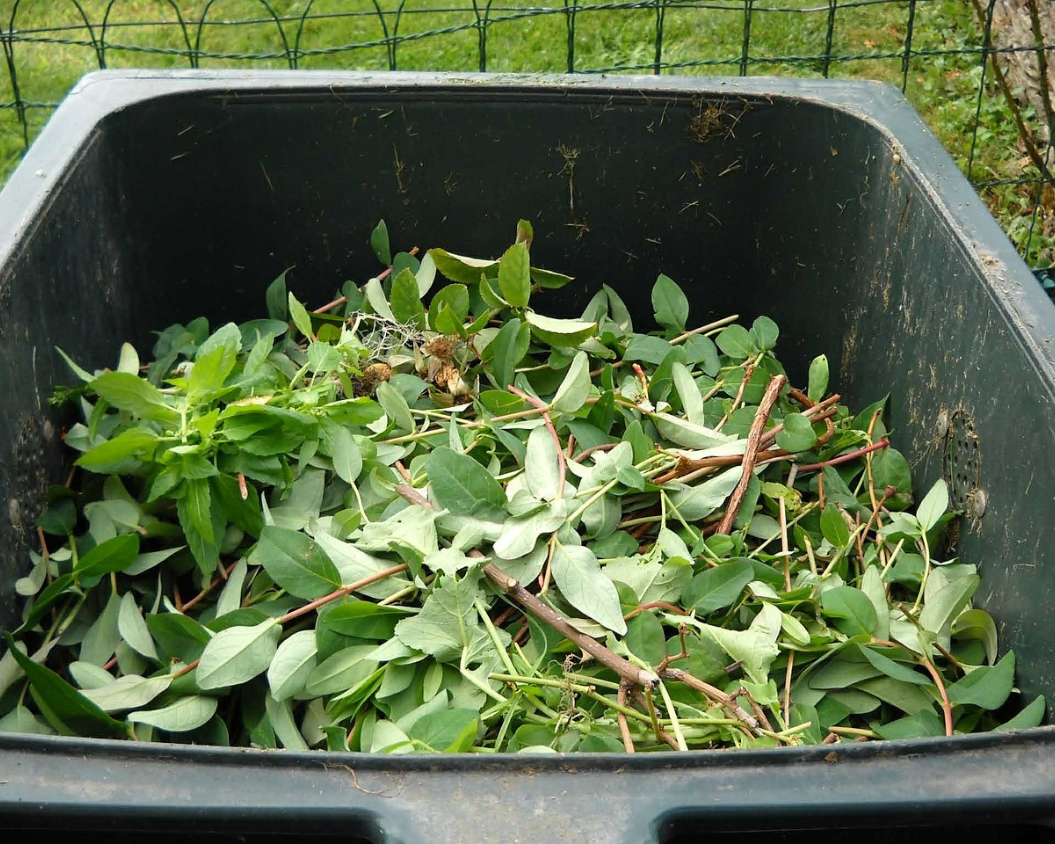
Turning Over a New Leaf: Smart Strategies for Garden Waste Management
Gardening is a rewarding hobby, but it often comes with an overlooked challenge: garden waste. Whether it's fallen leaves, pruned branches, or spent plants, garden waste management is an essential part of maintaining a healthy and beautiful garden. In this blog, we'll explore innovative and eco-friendly ways to handle garden waste, ensuring your green paradise remains sustainable and tidy.
- Composting: Nature's Recycling System
Composting is the cornerstone of garden waste management. It's a natural process that transforms organic waste into nutrient-rich soil. To start composting, designate a corner of your garden for a compost bin or pile.
Add your garden waste, such as leaves, grass clippings, and plant trimmings. Remember to balance 'green' materials (like fresh grass clippings) with 'brown' materials (like dry leaves) for effective decomposition. Turn your compost pile regularly to aerate it and speed up the process. In a few months, you'll have a supply of homemade compost to enrich your garden beds, reducing the need for chemical fertilisers.
- Mulching: A Protective Blanket for Your Garden
Mulching is an excellent way to utilise certain types of garden waste. It involves spreading a layer of organic material, like shredded leaves or wood chips, over the soil. This layer helps retain moisture, suppress weeds, and gradually breaks down to add nutrients to the soil. You can use your lawnmower to shred leaves and small twigs for mulch. Apply a layer of mulch around your plants, but be careful not to pile it against the stems to avoid rot.
- Grasscycling: Letting Grass Clippings Work for You
Grasscycling is the practice of leaving grass clippings on the lawn after mowing. This simple technique returns nutrients to the soil as the clippings decompose. It reduces the need for additional fertilisers and saves time and effort in collecting and disposing of the clippings. Use a mulching mower for best results, as it cuts the grass into fine pieces that decompose quickly.
- Creating Wildlife Habitats with Garden Waste
Instead of disposing of twigs, branches, and dead plants, consider creating wildlife habitats. Pile up branches to form a small shelter for birds and insects. These natural habitats not only help local wildlife but also add an interesting feature to your garden. It's a wonderful way to teach children about nature and the importance of biodiversity.
- Branching Out: Creative Uses for Pruned Branches
Pruned branches and twigs don't have to go to waste. Use them creatively in the garden. Larger branches can be used to make rustic trellises or supports for climbing plants. Smaller twigs can be woven into decorative fences, plant supports, or even garden art. This approach adds a unique, personal touch to your garden and repurposed materials that would otherwise be discarded.
- Sharing and Donating: Community Composting and Mulching Programs
If your garden produces more waste than you can handle, consider sharing with neighbours or participating in community composting programs. Many communities have communal composting facilities where garden waste is collected and turned into compost. Similarly, some gardening clubs or local farms may accept garden waste for their mulching and composting needs. This not only helps manage your waste but also fosters a sense of community and shared responsibility for the environment.
Embracing a Circular Garden Economy
Effective garden waste management is all about seeing waste not as a problem, but as a resource. By composting, mulching, grasscycling, creating wildlife habitats, and finding creative uses for garden waste, we can close the loop in our gardening practices. This approach not only benefits our gardens but also contributes to a healthier environment. Let’s embrace these sustainable practices and enjoy the manifold rewards of a well-managed garden!
Handling garden waste responsibly is crucial for maintaining a sustainable and thriving garden ecosystem. By employing these strategies, gardeners can reduce their environmental footprint and contribute positively to the cycle of growth and renewal in nature. Happy gardening! 🌱🍂🌼





Leave a comment